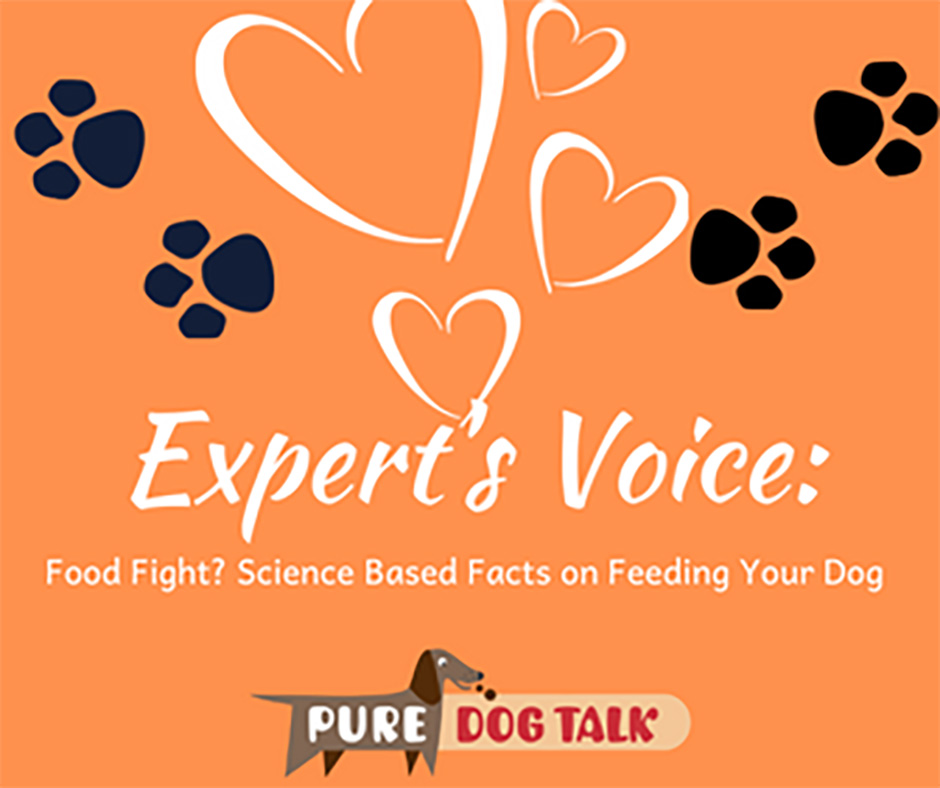559 – Food Fight? Science Based Facts on Feeding Your Dog
Food Fight? Science Based Facts on Feeding Your Dog
Rob Downey, President and CEO of Annamaet, foundational researcher in pet feeding, joins host Laura Reeves to discuss the pros and cons of raw vs kibble and how to make sure your pet is fed a healthy diet.
“The real thing is, with any product, is how well it’s balanced and the raw materials going in to it,” Downey said. “You can’t say all raw is better or all kibble is better. It really comes down to the formulation. Whether or not its AFCO approved, who’s done the testing and the raw materials that are included.
“I’ve studied nutrition for close to 40 years. When we put together our products, not only was I there, we had a board certified veterinary nutritionist and a guy who got his PhD in vitamins. The three of us hammered this out for weeks. It just amazes me that somebody thinks I’ll just put this together in my back yard and I’ll add some green beans and everything will be good.
“It’s especially a concern right now when studies have shown how important vitamins and minerals are.
“The problem is (vitamin deficiencies) are happening sub-clinically. Studies have shown that 60 percent of home prepared diet are deficient of at least one nutrient.
“Most veterinarians aren’t really trained in nutrition. Only about 50 percent of veterinary teaching universities even have a core nutrition course. Veterinarians have to learn so much, they just don’t have time.
“One of the things when you’re talking raw or home-prepared diets, you want to be careful you don’t go over about 10-15 percent organ meat. Organ meat tends to be really high in Vitamin A and copper. Copper storage disease is a rising threat in many breeds not predisposed to it….. Copper is stored in the body in the liver.
“I don’t care if it’s raw or kibble, if you start with the wrong raw materials, you can have trouble. To say one is better than the other is difficult.
“People are loyal to raw because so many people want to feed their dogs like wolves… Wolves only ate every three to five days and had to chase down their prey… Dogs have evolved. Dogs were domesticated before any other animal or crop. The ability to break down carbohydrates is through the amylase genes. Dogs have evolved to the point that they have seven times more amylase genes than wolves.”
From the Study:
“A recent comparison of genome-wide patterns of genetic variation in a large panel of dogs and wolves identified genomic regions that were affected by directional selection during early dog domestication “(Axelsson et al. 2013). Through functional characterization of genes residing in these domestication regions, new light was shed on characteristics of adaptive advantage to early dogs. These analyses identified several genes involved in digestion and energy metabolism, suggesting that the transition from wolf to dog was accompanied by a change in diet. Augmented by evidence from expression analyses and enzyme assays, it was concluded that changes in three consecutive steps in the pathway responsible for starch digestion and subsequent glucose absorption allowed dogs to rely on a diet rich in starch relative to the carnivorous wolf diet (Axelsson et al. 2013).”
Find the entire study HERE.

